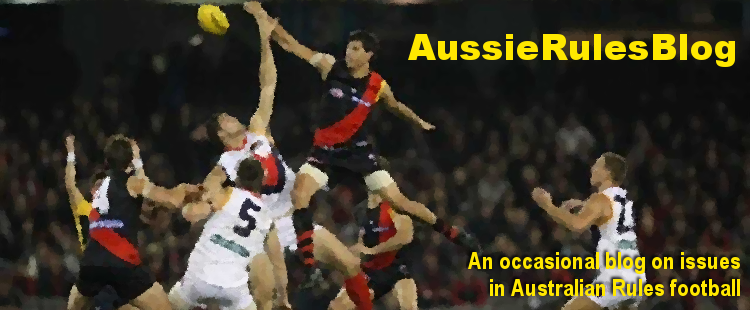Barcodes CEO Gary Pert is reported to be upset that high-priced Grand Final packages limit the opportunities for Barcodes’ members to attend the big dance. (Yawn)
But 9,000 of the Barcodes’ 12,500 seat allocation are reserved for “Legends” members who are guaranteed a Grand Final ticket. Pert is also happily flogging Grand Final packages that include a ticket for $1500. So much for concern for members!
The Cats and the Docklands stadium management are doing their bit too, selling packages that include a ticket for $1450, while the AFLPA is doling out packages for a princely $1800.
Let’s get real about all of this — apart from the AFLPA for the moment. Despite the windfall allocations to clubs next year from the new broadcast agreement, running any AFL club, let alone one competing at the pointy end, is a very expensive proposition. Money has to come from somewhere and part of that somewhere is flogging these Grand Final packages to those happy to fork out the bigger bucks.
We could go back to the 60s when tickets were considerably less expensive (even allowing for inflation) and less desirable for the ‘social’ attendees, but players wouldn’t be full-time professionals. there’d be no full-time coaches and the game would be a pale shadow of what we see today.
Let’s all just get over it. The ticketing for this Grand Final was never going to be any better than last year, or the year before that. So why are we having this debate yet again?
Now, back to the AFLPA. They’re selling Grand Final packages for $1800? Is this a ticket allocation from the AFL? Or are AFLPA members donating their club-supplied tickets to their association? One supposes that Matt Finnis and Ian Prendergast and co get paid some sort of salary or stipend, but perhaps the members could cover that?





